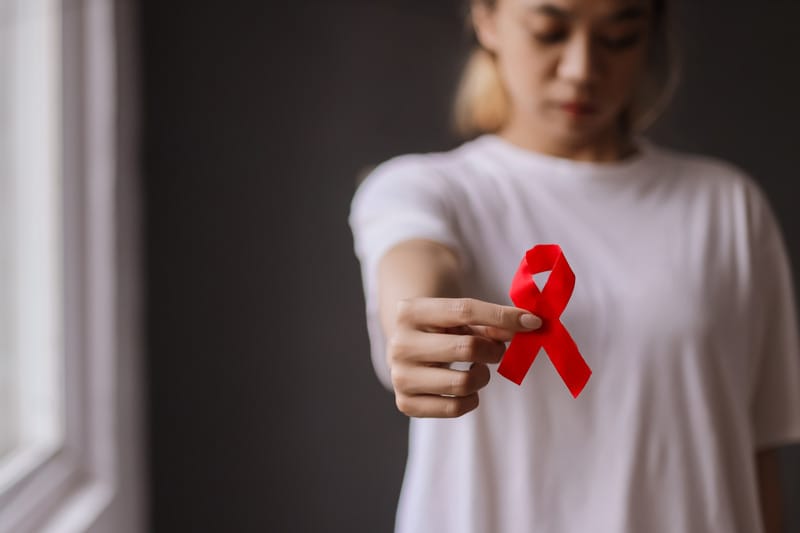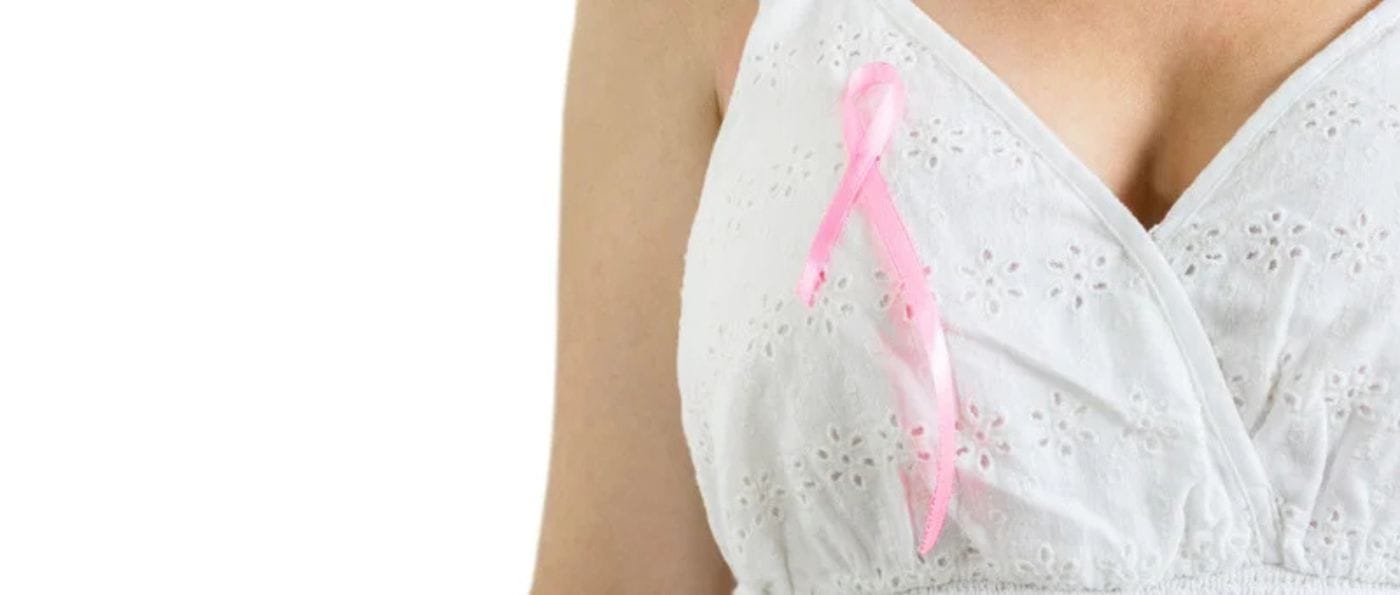Nipple soreness or nipple pain is one of the concerned issues confronted by many women. It can be a little bothersome. But dear reader! In the article “Why Do My Nipples Hurt”, Better Life Care will provide you with all the possibilities, we will discuss the causes, precautions, and possible treatments as recommended by professionals.
We will also cover the possibilities of both medical and especially non-medical solutions.
Common Causes of sore nipples:
Some possible causes of nipple soreness are:
- Friction from clothes:

Friction is the most common reason for nipple pain. It can be a sharp pain to occur if your nipples rub against a badly fitting bra or shirt, during co-curricular activities such as running and playing games.
This friction causes dryness on your skin which results in the soreness of tender nipples on the top nipple and breast soreness.
So it’s better to follow some precautionary measures during physical activities like running and other athletic games.
- Pregnancy:
 Breast and nipple pain may be an early symptom of pregnancy that occurs due to a dramatic change in hormone levels.
Breast and nipple pain may be an early symptom of pregnancy that occurs due to a dramatic change in hormone levels.As in pregnancy, your body prepares for the arrival, of your little one so it leads to many body changes it may also increase breast sensitivity and cause breast and nipple pain treatment well.
- Hormonal changes:
Hormonal changes during the menstruation cycle (uninvited guest) may cause your nipples to become sore in most cases, nipple tenderness often occurs in days just before the menstruation cycle due to excessive production of estrogen and progesterone.
Sometimes women use hormonal birth control which also causes soreness and irritation, on the other hand, puberty can also be responsible for it.
- Trauma:

Injuring or traumatizing the breast or nipple area through vigorous exercise or sports without proper support, accidental bumps or hits, or rough handling or friction from clothing can cause nipple pain.
Typically, the pain will diminish as the injury heals, but seeking medical advice is crucial to eliminate any underlying issues if it persists or worsens.
- Allergic reaction:
Irritants like detergents, Soaps, perfumes, or lotions are common causes of itching, irritation, and nipple pain. If this pain is accompanied by blister formation scaly patches then this condition is known as dermatitis.
- Infections:
Some infectious diseases are also responsible for nipple pain. Two major diseases of nipple infection are discussed below:
- a. Mastitis:
It is an infection of the milk ducts, in which the bacteria are produced inside blocked ducts. It is usually seen in breastfeeding mothers and women.
Symptoms: It includes redness, burning, chills or fever, and swelling.
Treatment: Visit healthcare professionals for proper treatment. They will recommend you some antibiotics to treat the disease properly.
- b. Allergic Reactions or Dermatitis:
Irritants like detergents, Soaps, perfumes, or lotions are common causes of itching, irritation, and nipple pain.
If this pain is accompanied by blister formation scaly patches then this condition is known as dermatitis. Visit healthcare professionals for proper treatment. They will recommend some antibiotics to treat the disease properly
- Breastfeeding:
Incorrect attachment of the baby on the breast is one of the major causes of nipple soreness during breastfeeding.
To make breast milk, prevent nipple damage and alleviate discomfort, it’s crucial to ensure the baby is latching correctly.
Seeking the guidance of a lactation consultant or healthcare professional can help to resolve any breastfeeding issues.
Disease or Cancer:
Awareness of the possibility that nipple pain could be a symptom of breast cancer is crucial. If any changes in the breast tissue, such as the appearance of a new lump, alterations in the skin, or the most nipple pain, or discharge are noticed, seeking immediate medical attention is necessary.
Non-medical solutions:
Nipple sores can be caused by various factors such as friction, tight clothing, or excessive moisture. These sores can cause pain and discomfort.
You can try non-medical remedies like wearing loose clothing made of breathable materials, staying dry, using nipple shields, applying nipple cream, adjusting the breastfeeding position, and using warm or cold compresses. However, if the sores don’t improve or worsen, it’s essential to consult a healthcare provider for medical advice.
Professionals view:

Hello buddy here we will provide you with a summary of different healthcare professional’s views. Some of them suggest that this pain may be an underlying cause of some major medical diseases or may occur due to hormonal imbalance other thinks it might be caused by injury, infection, and some other causes (already discussed).
Remember, symptoms and treatments vary from person to person so it’s better to visit your doctor to see what they suggest.
Medical treatment:
Certain medical conditions are also the underlying cause of breast pain. Depending upon the cause some medical treatments are as follows:
- Antibiotics for infections
- Anti-inflammatory medication for inflammation or swelling
- Hormonal therapy for hormonal imbalances
- Surgery for severe cases of injury or infection
- Radiation therapy for certain types of breast cancer
Risk:

There are many risks associated with nipple pain some of which are discussed below:
- Infections: Untreated infections can lead to complications such as abscess formation, sepsis, or the spread of infection to other parts of the body.
- Breast cancer: Persistent nipple pain or other changes in the breast, such as discharge or lumps, can be a sign of breast cancer.
- Injury: Nipple pain caused by injury may lead to scarring or changes in the appearance or function of the nipple.
- Breastfeeding difficulties: Nipple pain during breastfeeding may lead to latching or milk production difficulties, which can affect the baby’s health and growth.
- Psychological distress: Chronic or severe nipple pain can cause psychological distress, affecting a person’s quality of life and mental health.
Conclusion
In the above article, we have provided all the necessary knowledge, treatments, and precautions for nipple soreness. In short nipples, soreness can be caused by any of the factors. Some of these are severe and others are temporary.
We have already discussed all the possible causes of nipple soreness and provided all the necessary precautions and treatments.
Remember nipple pain can also be a symptom of some major medical problems which might not be treatable without proper medication. So be aware of your health condition and examine the symptoms, take them seriously, and regularly visit your health care professional and follow their recommendations.
FAQs
How to relieve nipple pain?
To relieve nipple pain, several steps can be taken, such as:
Use topical creams such as a balm or any other product.
Visit health care professionals for proper treatment.
Use loose clothing to avoid friction around your nipple area.
Wear a supportive bra to prevent breast movement and minimize nipple discomfort.
What does it mean when your nipples hurt but not your nipple and breast pain?
If only the nipples hurt and not the breast, it could indicate various causes, such as injury or trauma to the nipple area, friction from clothing or other sources, hormonal changes, or breastfeeding-related issues.
How long does nipple pain relief last?
It depends upon the various factors and causes of pain. If pain is due to any minor cause such as any type of injury or irritation it may last earlier. But if the pain is due to any major medical reason then it may take more time for complete relief.
Why are my breasts so, why are my nipples sore and not on my period?
Breast soreness can happen due to hormonal changes, pregnancy, breastfeeding, injury, poorly fitting bra, high-impact exercise, or certain medications.
Seek medical advice if soreness persists or is accompanied by other concerning symptoms.


